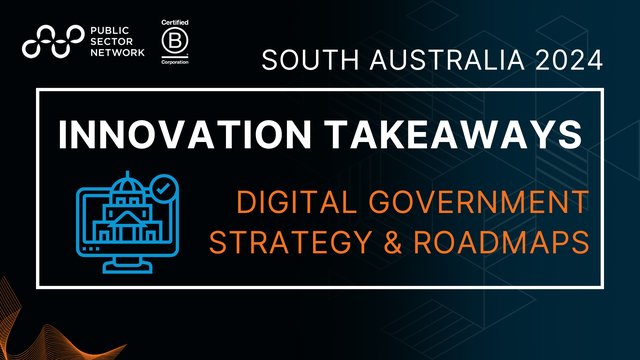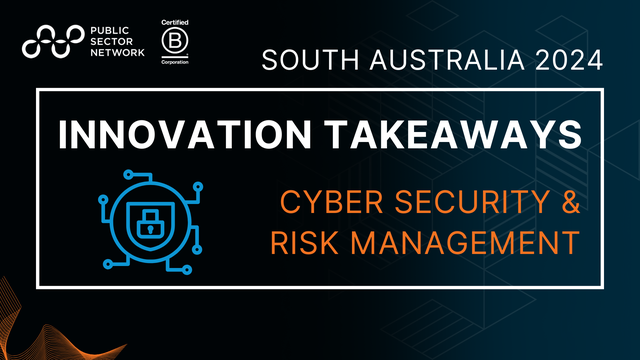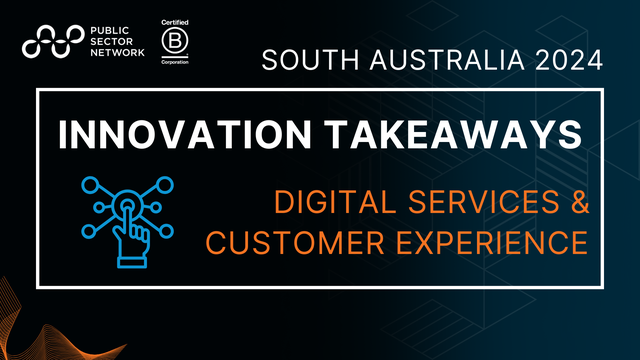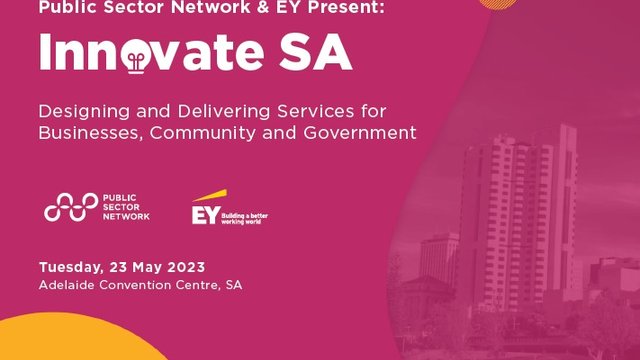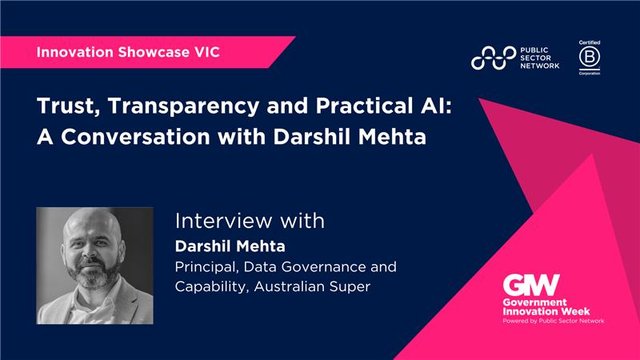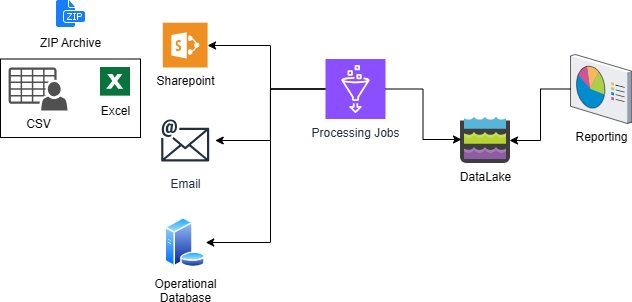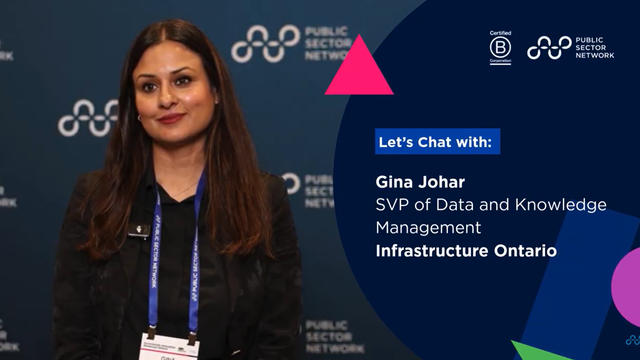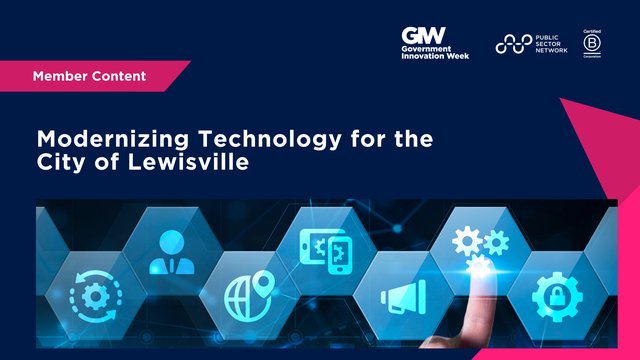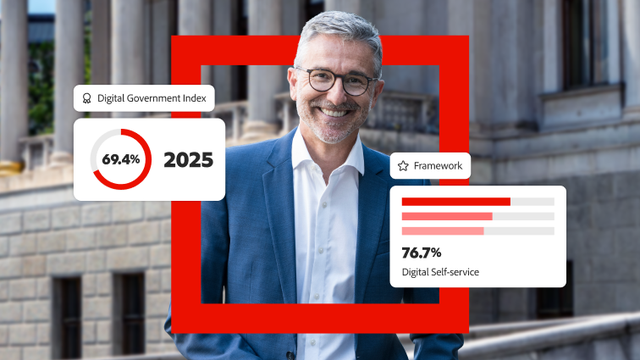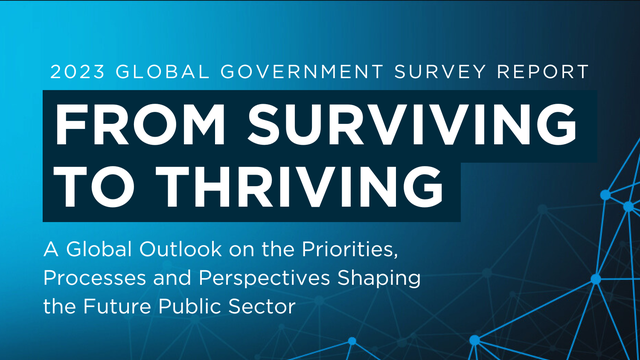
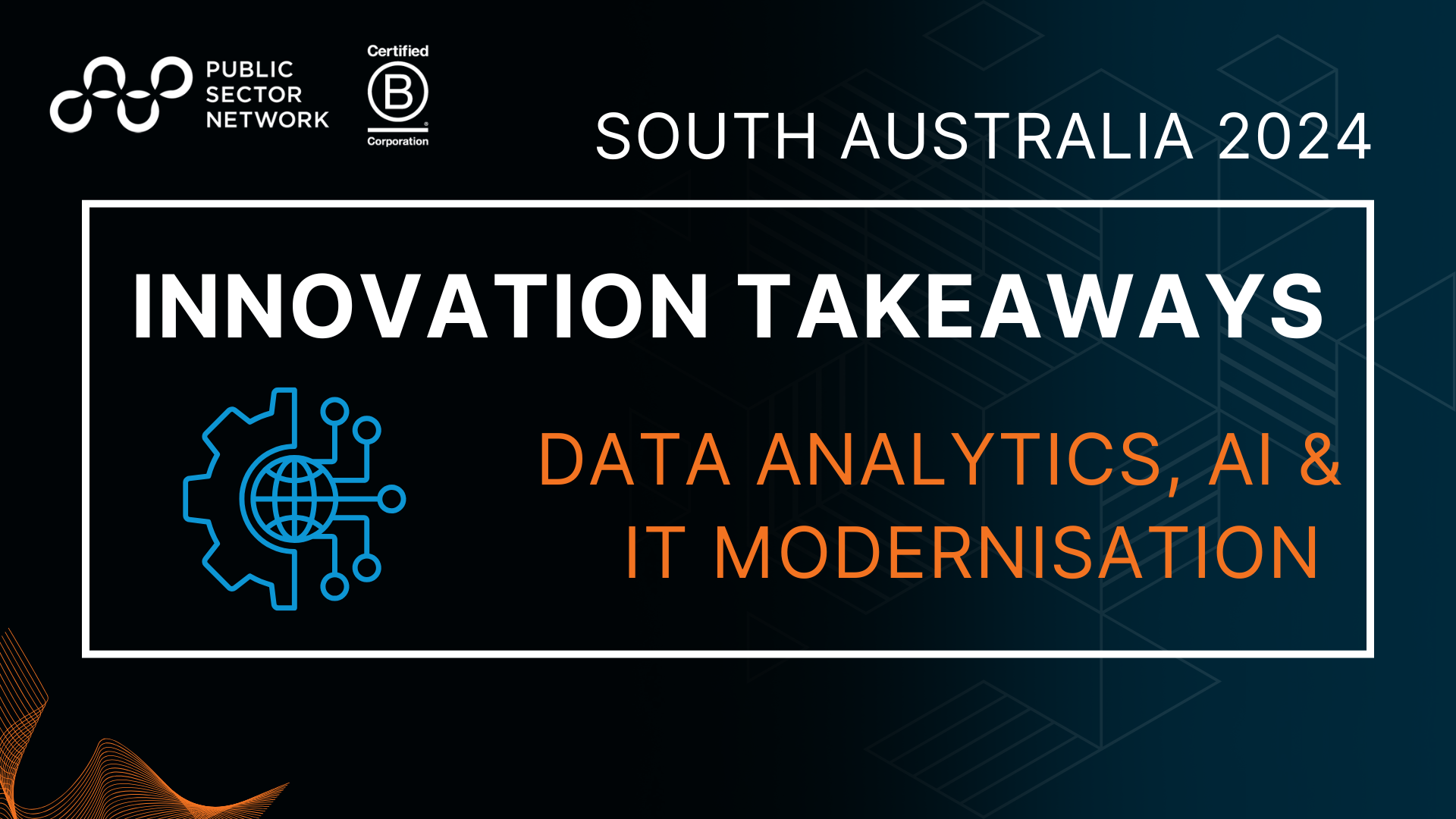
Supporting Front Line Decision-Making Through Machine Learning
Tina Hardin, Executive Director, Clinical Informatics, The Commission on Excellence and Innovation in Health
1. Machine Learning for Clinical Decision Support
Tina Hardin highlighted the integration of machine learning (ML) to reduce cognitive load on clinicians by automating routine tasks and supporting decision-making. This initiative aims to optimise patient care while addressing inefficiencies in healthcare workflows.
2. Addressing Unwarranted Clinical Variation
The project focuses on minimising unwarranted clinical variation—care disparities that are inappropriate or unexpected—while maintaining opportunities for personalised care. Standardising treatment protocols ensures equity across healthcare settings, enhancing patient outcomes.
3. Building Trust Through Collaboration
A clinician-led, iterative approach ensures trust in ML tools and data. Engaging frontline staff in problem-solving and model refinement not only increases adoption but also ensures that solutions address real-world clinical challenges effectively.
Navigating the Future: Achieving a Modern Workplace with Data and AI Excellence
Chris Morrison, Group Manager for Digital Enterprise Advisory, Avanade
1. The Strategic Role of AI in Organisations
Chris Morrison emphasised that AI should be a core component of every organisation's long-term strategy. With tools like Microsoft 365 Copilot, businesses can enable 100% of their workforce with AI, driving reinvention in workflows, decision-making, and customer interactions. The AI revolution isn't about replacing jobs but empowering employees to focus on high-value work while streamlining mundane tasks.
2. The Transformational Potential of Microsoft 365 Copilot
Copilot integrates seamlessly with familiar Microsoft tools (e.g., Word, Excel, Teams) to enhance productivity. It supports natural language queries, automates workflows, and ensures data security, making it an accessible entry point for organisations hesitant about broader AI adoption. Hypothetical use cases, like automating multi-step tasks for aged care providers, demonstrate its potential to save time and improve service delivery.
3. Implementation Challenges and Best Practices
Successful adoption of AI tools like Copilot requires a deliberate approach, including clear value cases, readiness assessments, data governance frameworks, and user training in prompt engineering. Organisations must address key barriers such as data access, security concerns, and user adoption to realise maximum value. Incremental rollouts and pilot programs were recommended as practical starting points for AI reinvention journeys.
Elevating Government Operations: The Power of Data Analytics in Government
Ben Taylor, Assistant Commissioner, Data Insights, Australian Taxation Office
1. Balancing Innovation and Operational Stability in Data Management
Ben Taylor highlighted the ATO's dual responsibility to innovate while maintaining the integrity of its data systems. With 27+ petabytes of data and 30 million clients, the ATO focuses on both "build" (developing new analytics capabilities) and "run" (maintaining high-availability systems). Success hinges on clear data governance, reliable processes, and balancing legacy systems with emerging technologies.
2. Ethical and Responsible Data Use in Public Trust
The ATO prioritises ethical data practices to maintain public trust and system integrity. Key measures include data ethics threshold assessments, model ethics evaluations, and full transparency regarding data matching protocols. These frameworks ensure data-driven decisions are both responsible and aligned with public expectations.
3. Practical Steps for AI and Data Governance Adoption
Starting with tangible problems, organisations can explore AI's capabilities through sandbox trials, model testing, and scalable implementation plans. Data governance, on the other hand, should begin with identifying key organisational data, engaging business stakeholders, and creating lightweight processes that evolve over time. The ATO uses tools like Informatica and is actively seeking solutions to better align governance practices with organisational needs.
Digitally Enabled Asset Management
Dr Jade Aitken, GM Data & AI, Ventia
Philip Crawford, Head of Engineering and Assets Manager, Ventia
1. Data-Driven Asset Management for Safety, Efficiency, and Sustainability
Dr. Jade Aitken emphasised the transformative impact of data and digital tools in managing diverse assets, from road tunnels to large-scale infrastructure projects like the Square Kilometer Array observatory. By leveraging drones, IoT sensors, and predictive analytics, Ventia reduces risks, enhances safety, and ensures optimal resource allocation, such as minimising time spent at heights and optimising maintenance schedules to avoid service disruptions.
2. Tailored Data Collection to Meet Business Needs
Aitken stressed the importance of collecting data based on specific business requirements. Not all assets demand extensive data fields—basic information suffices for simpler items like fire extinguishers, while critical assets like cooling towers require robust, detailed datasets. The key is balancing the depth of data collection with the actual maintenance and reporting needs, ensuring efficiency without unnecessary complexity.
3. Innovations Driving Operational and Environmental Excellence
Ventia integrates advanced technologies like digital twins, geospatial data, and AI to streamline operations. For example, predictive maintenance models prevent failures by analysing historical and sensor data, while geospatial insights improve routing and subcontractor allocation. Sustainability is a core focus, with data informing end-to-end lifecycle assessments of assets, from procurement to disposal, ensuring alignment with environmental goals and cost efficiency.
Data-Driven Decision-Making for Government Agencies
Michael Hoffmann, General Manager Technology, Disaster Relief Australia
Dr Henry Pharo, Director Early Intervention Research Directorate | Inclusion and Reform, Department of Human Services
Kim Weimer, Director, Digital Transformation, Essential Services Commission of South Australia
1. Building Trust Through Data Governance and Quality
Panellists emphasised the foundational role of data governance in fostering trust and ethical use. Clear labelling, transparency in data-sharing purposes, and embedding governance in organisational culture were cited as essential strategies. Kim Weimer highlighted the shift toward responsible data retention and the importance of balancing data use with minimising unnecessary risks, such as cyber vulnerabilities.
2. Innovative Use of AI for Public Benefit
Michael Hoffmann shared how Disaster Relief Australia integrates AI with drone data for damage assessments, reducing analysis time from weeks to days. This approach demonstrates how AI and machine learning can optimise resources and improve responsiveness in disaster management, while raising important considerations about ethical data use and collaboration with other entities.
3. Collaborative and Ethical Data Use Across Agencies
Dr. Henry Pharo underscored the significance of cross-agency collaboration, particularly in supporting vulnerable families. By sharing insights and fostering partnerships, such as with the Office for Early Childhood Development, data can drive evidence-based interventions. He also highlighted the critical need for Aboriginal data sovereignty to ensure culturally respectful and equitable outcomes.
4. Practical Challenges and Opportunities in Data Use
Citizen developers and self-created datasets offer potential solutions but also challenge existing governance frameworks, as noted by Michael Hoffmann. Meanwhile, Kim Weimer highlighted the value of consolidating data into a single source of truth, reducing inefficiencies, and fostering a culture of trust in data-driven decisions.

